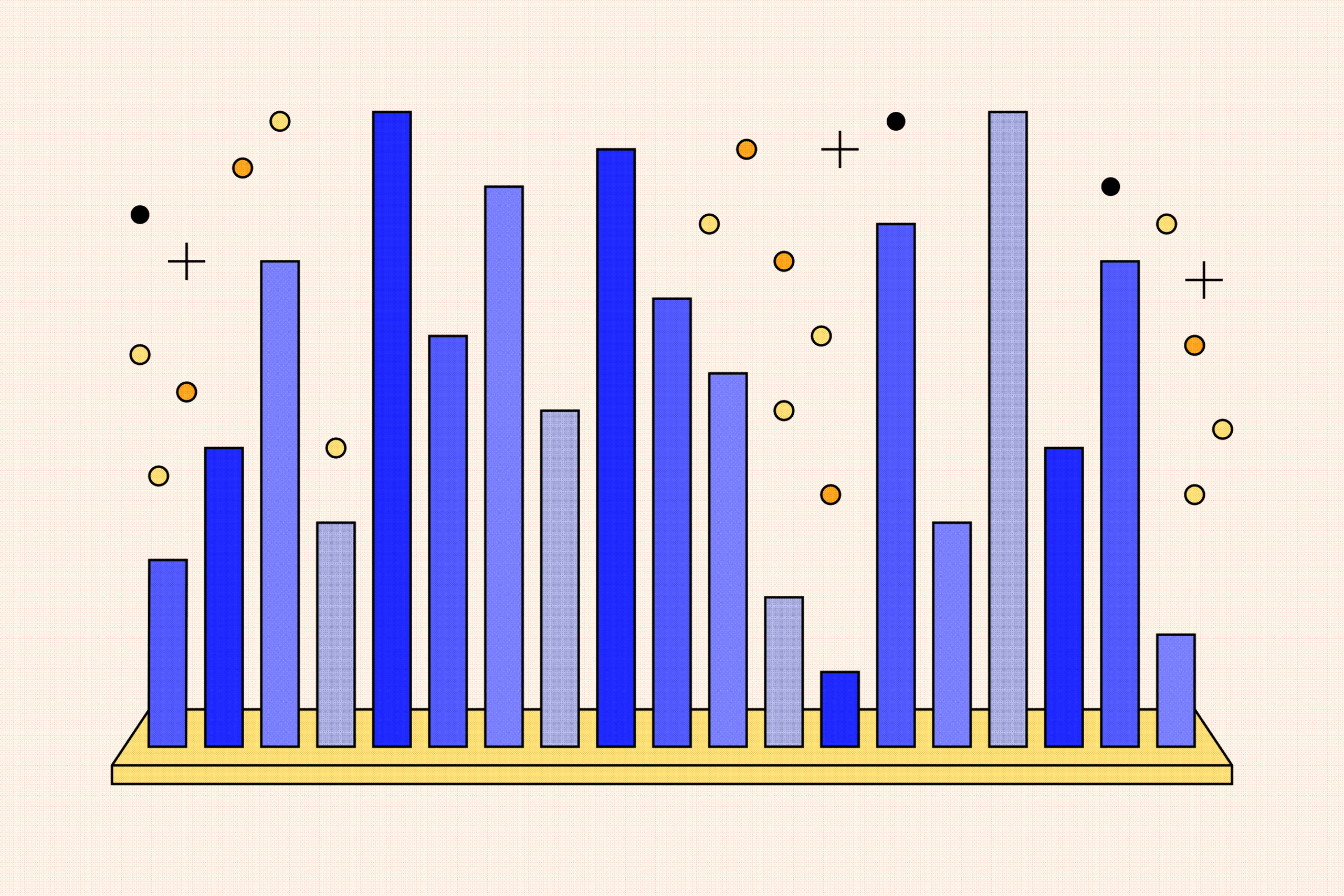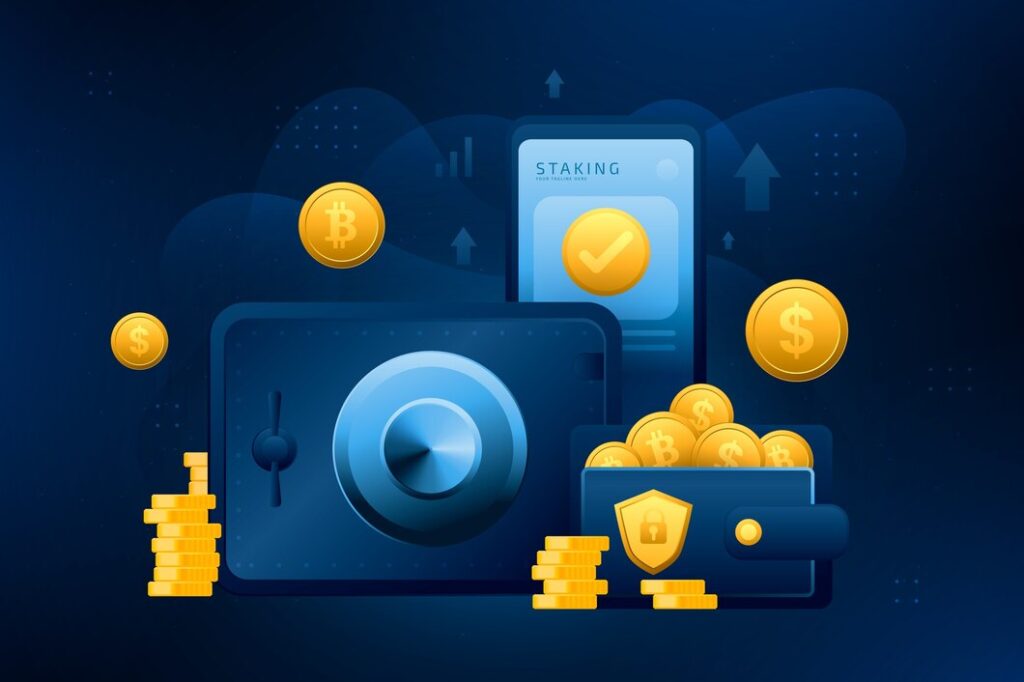Certificates of Deposit (CDs) are a popular savings tool that offers a secure way to grow your savings while earning interest over a fixed period. For those looking to maximize their savings, understanding the best CD rates available is crucial. In this article, we will explore what CDs are, how they work, and the factors to consider when choosing a CD, while referencing insights from Fintechzoom.com best cd rates to highlight the best CD rates currently on the market.
What is a Certificate of Deposit (CD)?
A Certificate of Deposit is a time deposit offered by banks and credit unions that pays a fixed interest rate for a specified term, which can range from a few months to several years. Unlike regular savings accounts, where you can deposit and withdraw funds at will, a CD requires you to lock your money away for a set period.
Key Features of CDs
- Fixed Interest Rate: CDs typically offer higher interest rates than traditional savings accounts because you commit to leaving your money untouched for a specified term.
- Term Lengths: Common CD terms include 3, 6, 12, 18, and 24 months, with some institutions offering longer terms.
- FDIC Insurance: CDs offered by banks are insured by the Federal Deposit Insurance Corporation (FDIC) up to $250,000 per depositor, making them a safe investment option.
- Penalties for Early Withdrawal: Withdrawing funds from a CD before its maturity date usually incurs penalties, which can reduce your earnings.
Why Invest in CDs?
CDs can be a prudent choice for individuals looking to save money with minimal risk. Here are some reasons why CDs might be the right investment for you:
- Stable Returns: CDs provide guaranteed returns, making them a reliable option for conservative investors.
- Diversification: Including CDs in your investment portfolio can help balance risk, especially when combined with stocks or mutual funds.
- Financial Discipline: Committing funds to a CD encourages saving by removing the temptation to withdraw funds for non-essential expenses.
How to Choose the Best CD Rates
When searching for the best CD rates, several factors should be taken into account:
1. Interest Rate Comparison
The most critical factor when selecting a CD is the interest rate. Rates can vary significantly among financial institutions, so it’s essential to shop around. FintechZoom.com often provides comparisons of current CD rates from various banks and credit unions, making it easier for consumers to find the best options.
2. Term Length
Consider how long you can afford to lock away your money. Longer-term CDs typically offer higher interest rates, but they also require you to forgo access to your funds for a more extended period.
3. Minimum Deposit Requirements
Different banks have varying minimum deposit requirements for CDs. Some may require a minimum investment of $1,000, while others may allow lower amounts. Assess your budget to determine which CDs are feasible for you.
4. Early Withdrawal Penalties
Review the penalties for early withdrawal before committing to a CD. Some institutions may have more lenient penalties, which can be crucial if you anticipate needing access to your funds before maturity.
5. Laddering Strategy
A CD laddering strategy involves investing in multiple CDs with varying maturity dates. This approach can provide liquidity while still allowing you to take advantage of higher interest rates.
Current Best CD Rates (2024)
Based on insights from FintechZoom.com, here are some of the best CD rates available as of 2024:
1. ABC Bank
- Interest Rate: 5.00% APY
- Term: 12 months
- Minimum Deposit: $1,000
- Early Withdrawal Penalty: 6 months of interest
ABC Bank is offering an attractive rate for a one-year CD, making it an excellent choice for those looking for a short-term investment.
2. XYZ Credit Union
- Interest Rate: 4.75% APY
- Term: 24 months
- Minimum Deposit: $500
- Early Withdrawal Penalty: 3 months of interest
XYZ Credit Union provides competitive rates for longer-term savers, with a relatively low minimum deposit.
3. 123 Savings Bank
- Interest Rate: 4.90% APY
- Term: 36 months
- Minimum Deposit: $1,500
- Early Withdrawal Penalty: 9 months of interest
For those willing to commit their funds for three years, 123 Savings Bank offers a solid rate, appealing to long-term savers.
4. Secure Savings Bank
- Interest Rate: 4.60% APY
- Term: 60 months
- Minimum Deposit: $1,000
- Early Withdrawal Penalty: 12 months of interest
Secure Savings Bank offers competitive rates for those looking for a five-year commitment.
5. FastCash Bank
- Interest Rate: 5.10% APY
- Term: 9 months
- Minimum Deposit: $1,000
- Early Withdrawal Penalty: 2 months of interest
For those who prefer shorter commitments but still want competitive rates, FastCash Bank provides an attractive option.
How to Open a CD Account
Opening a CD account is a straightforward process. Here’s a step-by-step guide:
- Research: Use platforms like FintechZoom.com to compare rates and terms from various institutions.
- Choose Your CD: Select the CD that best fits your financial goals based on interest rates, term length, and penalties.
- Gather Required Information: Typically, you will need to provide personal identification, your Social Security number, and information about your employment.
- Fund Your CD: Deposit the minimum required amount to open the CD. This can often be done through an online transfer.
- Review the Terms: Make sure to read the terms and conditions associated with your CD, especially regarding early withdrawal penalties.
Conclusion
Certificates of Deposit are a solid option for individuals seeking a safe and predictable way to grow their savings. By comparing CD rates through platforms like FintechZoom.com, investors can make informed decisions to maximize their returns.
As you consider your financial goals, remember to evaluate interest rates, term lengths, and early withdrawal penalties before committing to a CD. With the right approach, you can leverage the benefits of CDs to enhance your overall financial strategy. Whether you are a seasoned investor or just starting your savings journey, understanding and utilizing CDs can be a valuable component of your financial toolkit.



